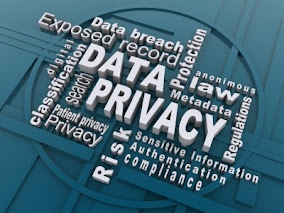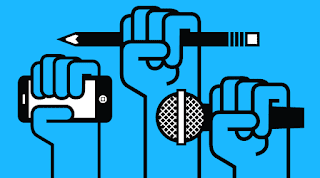Privacy in the Digital Age

I was never the person to worry too much about the privacy aspect of our phones and social media. I remember there being quite a big uproar when the fact that apps like Facebook or Instagram compile our data in order to create a feed more suited to our interests and an even bigger uproar when it was discovered that these same apps listen to our conversations in order to display targeted advertisements. While the majority of people around me were freaking out about these obvious breaches of privacy, I wasn’t too upset. I thought it was pretty cool and definitely helpful that I could talk about needing a new hair straightener or product and later on that day log into Instagram and find an ad for exactly what I wanted. At the time, the biggest issue I saw with the whole thing was the enabling of quick fixes or immediate satisfaction rather than having to do a little bit of research and go buy the products ourselves. I can see the concept of solutions to our minuscule problems being ...


